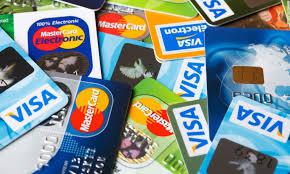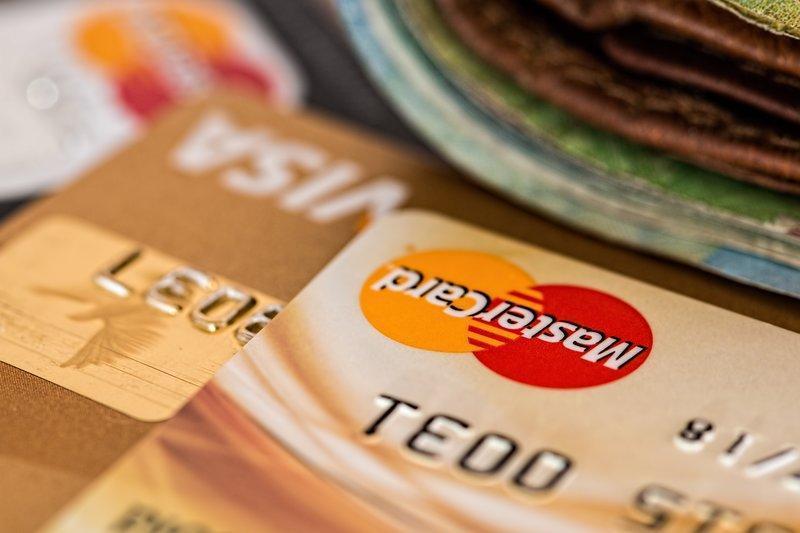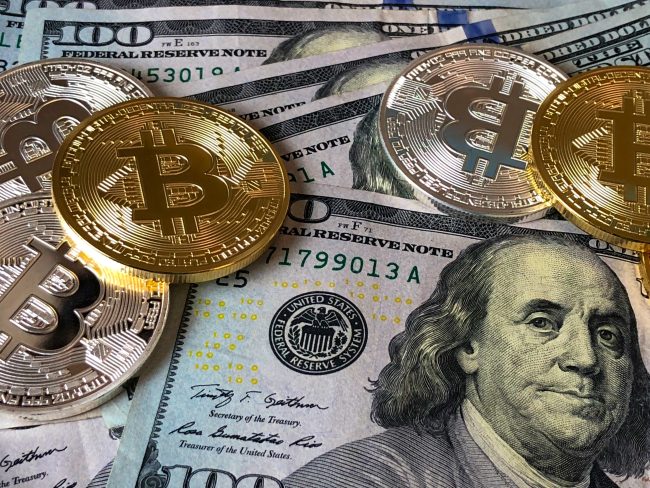
A credit card is a handy product to use. It is one of the most convenient methods of making payments. It also helps during a financial emergency. Nevertheless, a credit card amount is always a loan. You have to repay the loan at the earliest, failing which the banks can charge high rates of interest.
Proper usage of the credit card is essential. Otherwise, you not only end up in a mountain of debt but also a bad credit rating. We shall now discuss some of the typical credit card payment mistakes people make.

- Making the payment of the minimum amount due
One of the critical rules of proper usage of the credit card is that you should make your credit card bill payments in full and before the due date. Yes, you have a facility of making the minimum payment due where you pay a minimum of 5% of the bill amount and carry forward the balance to the subsequent month. This facility offers flexibility and convenience but costs you heavily as well. Any payment pending after the due date attracts interest from the date you originate the debt. The banks charge interest @ APR (Annual Percentage Rate) that can go up to 36% per annum.
If you continue making the minimum payment due on your credit card every month, it can take years to clear the debt. The interest amount will exponentially increase whereby you end up paying a substantial amount over the years. Besides, you lose the benefit of the interest-free period as every subsequent purchase attracts interest from Day 1.
2. Missing payments or making late payments
If making the minimum payment due is expensive, missing a payment is hazardous. Banks classify missing payments as defaulters and report the same to the credit rating agencies. It becomes difficult for you to apply for new loans. Besides, you lose the facility of the interest-free window. The entire amount becomes due, as some banks do not allow payment of minimum payment due in case of an instance of default. Therefore, you end up paying high interest as well. If you make late payments, you have to pay the late payment fee that could go up to even Rs 500 per instance. Besides, the entire unpaid amount attracts interest up to the date of payment.
3. Availing cash advance facility frequently
An attractive benefit of the credit card is the ‘Cash Advance’ facility. You can withdraw up to 15% of your approved credit limit from an ATM for emergency purposes. This facility is beneficial but expensive. Every time you use this facility, you have to pay a cash advance fee that can go up to Rs 500 per instance. Apart from this fee, the amount withdrawn attracts interest @ APR irrespective of whether you make regular payments. Secondly, the cash advance amount is due for repayment at the end of the billing cycle. There is no concept of the minimum payment due for the cash advance facility. Therefore, frequent usage of this feature can prove expensive.
4. Possessing more cards than one can afford
Credit cards come with many bonus introductory offers and benefits. However, that does not entail that you should possess more cards than you can afford. If you have multiple cards, you have to manage each one of them judiciously. It includes keeping track of the due dates and making the credit card payments on time. If you miss one payment, it can affect your finances as well as your credit rating.
Applying for multiple cards also sends out the wrong signals to your creditors. They believe that you are desperate for credit whereby they become reluctant to offer you a loan. There is no such concept as the ideal number of credit cards you own. It should be a manageable number for you.
5. Running high balances on credit cards
Running up high balances on credit cards is another common credit card payment mistakes people make. For example, if you have a credit limit of Rs 1 lakh, it does not mean that you should exhaust it completely every month. A significant balance on your credit card increases your Credit Utilisation Ratio (CUR) and thereby affects your credit rating. Credit rating agencies look at these factors when determining your credit score. An ideal CUR should be in the range of 30%.
Secondly, a high balance on your credit card entails that you have to arrange for the repayment as well. The chances of defaults increase when the debt becomes unmanageable. We have already seen the repercussions of defaulting on credit card bill payments earlier in this article.
Final thoughts
Owning a credit card is easy, but managing one is a challenging task. Avoid these simple mistakes and make the credit card your best friend. A credit card is an excellent friend, but at the same time, a dangerous adversary as well. The choice is yours. You can follow the link to know more about credit card bill payment blog.cred

